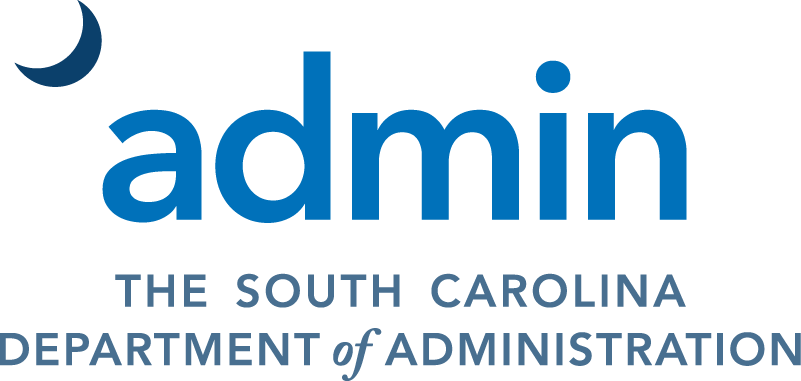

The General Assembly finds harmonious relations between public employers and public employees are a necessary and most important factor in the effective and efficient operation of government, and that a proper forum for the understanding and resolution of employee grievances will contribute to the establishment and maintenance of harmony, good faith, and the quality of public service.
The General Assembly also recognizes the most effective and cost-efficient means of resolving grievances occurs at the lowest level. State agencies are encouraged to use methods of alternative dispute resolution to avoid a grievance hearing and further litigation.
It is for the protection and in the interests of both the employee and the agency, via a neutral method of dispute resolution and fair administrative review, that the "State Employee Grievance Procedure Act" is enacted. View the Grievance and Appeal Process (.pdf).
Generally, state employees in Full-Time Equivalent (FTE) positions who have successfully completed a probationary period attain grievance rights and are considered to be covered by the provisions of the State Employee Grievance Procedure Act. This includes employees in classified and unclassified positions. The Act, however, does exempt certain employees from its provisions as noted in the S.C. Code Section 8-17-370.
Teaching and research faculty, professional librarians, academic administrators, and all other persons holding faculty appointments at four-year post-secondary educational institutions, including any branch campuses, if any, as defined in Section 59-107-10, shall not be covered by these Regulations but shall be governed by Section 8-17-380 of the South Carolina Code of Laws. However, S.C. Code Section 8-17-370 requires these institutions to have a separate grievance procedure for faculty and academic personnel.
When an employee moves from an uncovered position to a covered position, the employee must successfully complete a probationary period before attaining grievance rights.
A covered employee must file a grievance in writing with the agency in accordance with the agency’s grievance policy prior to filing an appeal to the State Human Resources Director. This grievance must be submitted in writing within 14 calendar days of the effective date of the adverse action or when the employee receives notification of the action, whichever is later. A grievance cannot be filed prior to the effective date of the adverse action.
An agency should process an employee's grievance within 45 calendar days after the employee files the grievance. If the agency fails to make a final decision within 45 calendar days, it is considered an adverse decision and the covered employee may appeal to the State Human Resources Director. If the agency does not make a final decision within 45 calendar days, the agency should continue its internal grievance process and render a final decision even if the employee submits an appeal to the State Human Resources Director.
After a covered employee has completed the internal grievance process with their agency, or the time for the agency to respond to the grievance has passed, the covered employee may file an appeal with the State Human Resources Director. View the process for filing an Appeal to the State Human Resources Director (.pdf).
An appeal cannot be filled to the State Human Resources Director prior to the 45-calendar day time frame for an agency to complete its process unless a final agency decision is issued prior to this time frame ending.
According to the State Employee Grievance Procedure Act, an employee may file an appeal in writing either within 10 calendar days of receipt of the agency's final decision or within 55 calendar days after filing the grievance within the agency, whichever is later.
The employee must submit a written request to the State Human Resources Director to initiate an appeal. Employees may complete a State Employee Grievance Procedure State Appeal Form.
When an appeal is received, a letter is sent to the employee confirming receipt of the appeal. In addition, a request is sent to the employing agency to provide documents relevant to the appeal. These documents should be submitted within 15 calendar days of the request and should include the following:
The State Human Resources Director conducts a review of the appeal after assembling all records, reports and documentation of the earlier proceedings on the grievance, including the information submitted by the employee. The State Human Resources Director then determines whether the appeal has met jurisdictional requirements. Generally, if an appeal meets jurisdictional requirements, the appeal is assigned to a mediator and forwarded to either the State Employee Grievance Committee or an arbitrator. In rare cases an appeal may be remanded to the agency for further action. Appeals that do not meet jurisdictional requirements are denied.
Employees may choose to retain legal counsel during the grievance and appeal process. However, if a representative is retained, it will be at the employee’s expense.
When an employee attends a conference or hearing associated with a grievance or an appeal in an official capacity, he is not required to use leave since attendance is considered to be a part of the employee's job assignment.
South Carolina Department of Administration
Marcia S. Adams, Executive Director
1200 Senate St., Suite 460
Columbia, SC 29201
803-734-8120

To report fraud, waste, abuse, mismanagement or misconduct within or involving a state agency, call the State Inspector General at 1-855-723-7283 (1-855-SC-Fraud)
or visit the State Inspector General's website to file a complaint online.